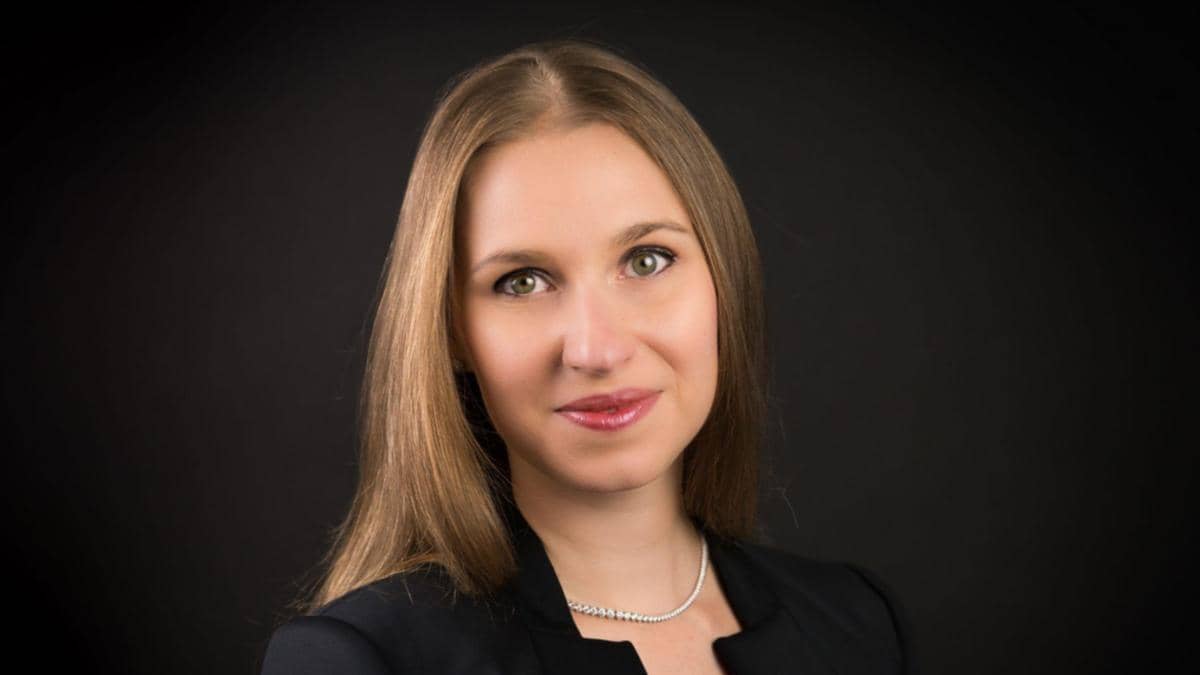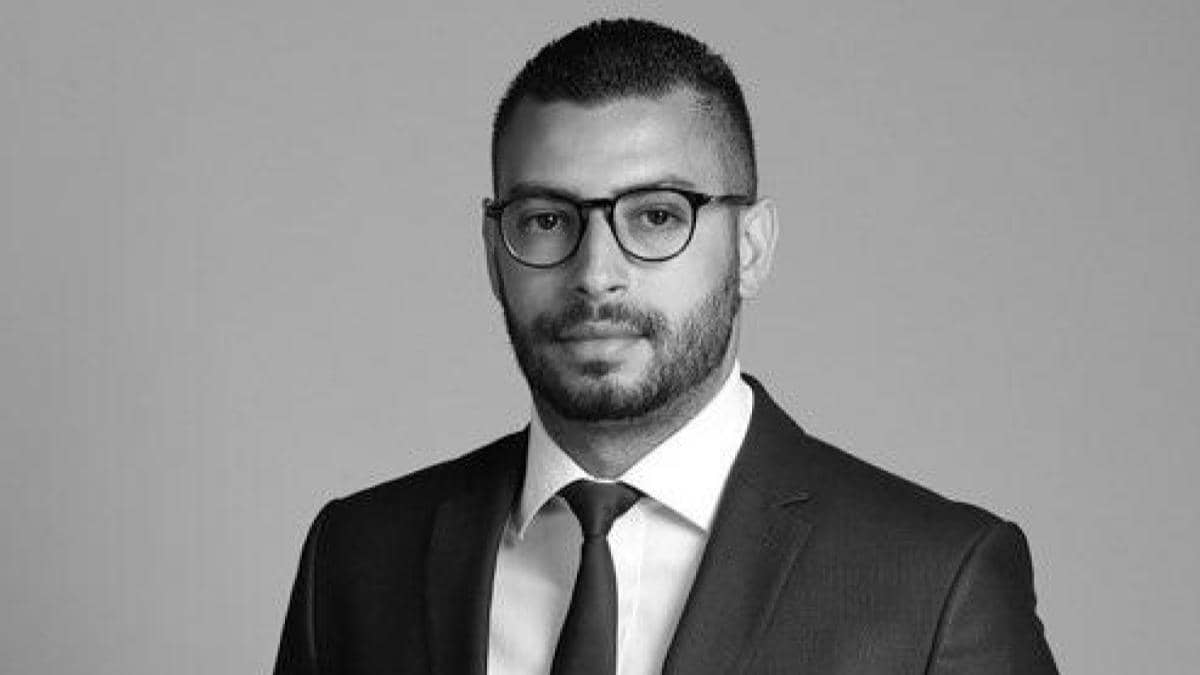Heikki Luoma from Peritus is our Fund Selector of the Month

1 FEB, 2023
By Teresa Blesa from RankiaPro Europe

Heikki Luoma is the Director of Research of Peritus Investment Consultancy based in Zurich. Peritus provides independent guidance to its high net worth clients in areas including asset allocation and manager selection. Prior to joining Peritus in 2015, Heikki worked for a pension consultancy in London and a wealth management consultant in the US. He is a CFA Charterholder and has a Master’s Degree in Financial Economics.
1. When and how did you start your career in the financial industry? Was a role in the investment funds industry always attractive to you?
I started my career in March 2009, which coincidentally was the month in which a bull market of more than a decade began. So for the first ten years of my career I only saw stock markets rise. I did not plan to work in fund selection, but it quickly felt like it suits me pretty well as I enjoy being a generalist and learning about a lot of different things.
2. What makes a good fund manager? / What are the differences between a good manager and a not-so good one?
There are many different ways to be a successful fund manager and there are no simple rules that will guarantee success in investing or fund selection.
That being said there are certain things that we look for in fund managers and seek to avoid in hoping that it will lead to a higher probability of selecting good performers. Some of the things we tend to avoid are investment strategies that are too difficult for us to understand, firms that are more focused on gathering assets than investment returns, and those that do not deviate from the benchmarks and peer groups but still charge active management fees. We also find it difficult to get comfortable with someone’s ability to add value with tactical macro calls and for very big investment committees to lead to good investment decisions. The type of managers we tend to prefer often have the opposite characteristics of these, but if we had to name the one thing that we look for it would alignment of interest with clients to limit the principal-agent conflict as much as possible.
3. What key principles drive the Manager Selection process at Peritus Investment Consultancy?
The key for us is to get to know the investment manager and understand their decision making process. This is mainly done through reading letters written by the managers over time, talking to them, looking at their portfolio holdings and past trades or even reading books that they recommend and that have shaped their investment philosophies. Nowadays a lot of managers also appear on podcasts so this can be a good way to learn about them, especially when preparing for initial meetings.
We try to assess whether an investment manager has an edge in the following areas based on the framework from Michael Mauboussin: (1) Informational, (2) Analytical, (3) Behavioural and (4) Structural.
We believe that it is more difficult to have an edge in the first two areas today, therefore our analysis focuses more on the behavioural and structural aspects. This is mostly about trying to evaluate whether a manager has the mindset for long-term investing and perhaps more importantly, does the structure of his or her firm enable them to follow that long-term approach. Even the most capable investors will have a very hard time managing portfolios if they are required to focus on short-term performance or are not allowed to deviate from their peers or benchmarks due to pressure from their firm’s management or the wrong types of clients.
Our investment process does include some analysis of performance but this is more to evaluate how the portfolio manager has behaved during difficult periods, which all investment strategies go through. In other words, our process is more qualitative than quantitative and we focus almost exclusively on the process as opposed to the past returns.
4. What processes do you have in place to identify a good manager?
Ideas often come through reading manager letters, industry journals and news articles. Occasionally we also come across new managers through networking which can involve discussions with other fund allocators, attending conferences and through meetings with new managers. We also always ask managers which of their peers they think highly of. We also subscribe to a database and can therefore screen for managers based on quantitative data, however in practice we do not find this very useful as it is based on past returns and not on more meaningful characteristics.
5. How do you deal with all the information?
This is a great question because there are so many updates and reports that come on a daily basis that I probably could not get through even half of it if reading them was the only thing I did. Overtime one begins to build a list of people and firms that provide research you think is high quality and relevant for what you are trying to do. We also ask the managers what they are reading and looking at. This way we have learned about a lot of great newsletters and memos written by investors who we consider to be thoughtful.
Maybe one thing that does help filter some of the information is assessing whether it is relevant over the long term or is it just short-term noise. Given that we think about investments with a five-to-ten-year horizon, a lot of the daily news and market updates are not as relevant to us.
6. How are you adapting your portfolio to the current situation of the markets? Which sectors and trends do you think will perform better in the first half of 2023?
Our process does not rely on making market forecasts and we do not try to position client portfolios for very specific market outcomes. Instead we aim to build resilient client accounts that are likely to deliver solid investment results in as many scenarios as possible while limiting catastrophic results in any of them. Since I joined Peritus in 2015, the only time we have made a tactical call was in March of 2020 when we recommended that clients add to equities. This was not based on a prediction that markets would rebound, but instead we thought that it was probable that in five to ten years our clients would be happy that they bought at those valuations.
7. Would you give any advice to anyone wanting to start a career in the asset management industry?
It appears to me that the one thing most of those who are successful in the asset management industry have in common is that they read a lot. It probably goes with having a growth mindset where one is always trying to get better and being intellectually curious.


